

Why do animals behave the way they do? Why do lions have manes while leopards don’t? Why do elephants and bees live in groups but many other species do not? This course introduces the fundamentals of animal behavior in the context of ‘Tinbergen’s 4 questions’. Labs and field trips include hands-on experiences to observe wildlife, quantify behavior, develop ethograms, understand species’ repertoires, critique and interpret published literature, discuss and develop hypotheses driven questions, and work collaboratively on group projects.
Read More: Recent Spotlight on this course
2021 Fall Version of this course was in the spotlight for Macalester Daily
This course explores robust means to enumerate individual and population level processes such as abundance, distribution, resource use, and behavior. Population estimation techniques, monitoring of demography, telemetry, observing individuals, and wildlife handling are the major topics covered in the course. Indoor labs include photo-analysis and computation, while outdoor labs involve hands-on experiences such as camera trapping, distance sampling, diet monitoring, animal capture and telemetry.
As we usher into the Anthropocene, where ‘Amazon’ is more easily recognized as a global marketing forum than the mighty river, the fate of biodiversity reflects a similar trajectory. Disproportionate overconsumption has caused unprecedented changes to our planet’s fragile ecosystems. Species have been lost, modified, and forced to adapt in concrete jungles. Human history, culture and socio-political nuances in different parts of the world result in distinctive challenges as well as present enigmatically optimistic opportunities with respect to wildlife conservation. This seminar course explores global perspectives of biodiversity conservation and human-wildlife coexistence at the interface of species biology, colonial history, and the role of traditional ecological knowledge in shaping our conservation past and future. Also proposed as a concentration in Global Indigenous Studies.
This course dives into a range of topics to study how species, populations, communities, ecosystems, and biomes function in our changing climate. We emphasize biological nutrient and energy cycling, population dynamics, animal and plant species interactions, disturbances and response to disturbances, and ecology in urban and agricultural landscapes. We examine Ecology under four conceptual ‘lenses’: Climate Change, Environmental Justice, Land Use, and Ecosystem Services. These lenses provide critical insight into how scientists, policy makers, land managers, and other stakeholders evaluate complex ecological and environmental systems. Labs are field and data-based, and emphasize the development of hypotheses, novel data collection at Ordway Field Station, and statistical analysis.
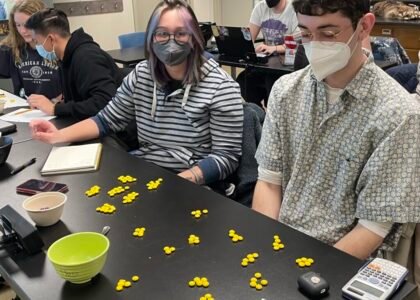
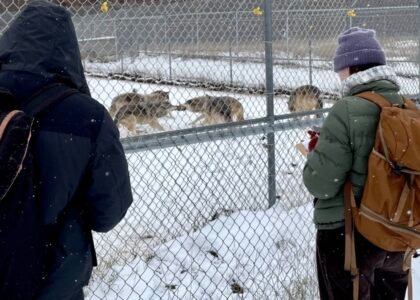
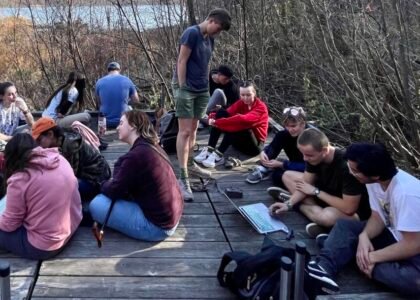
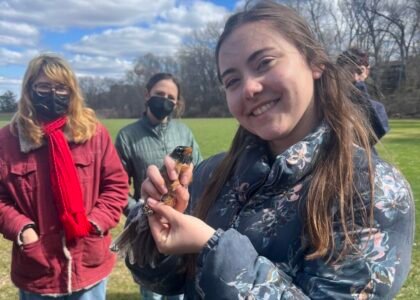
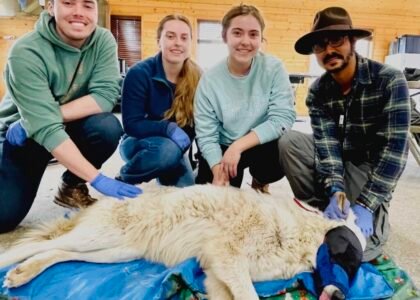
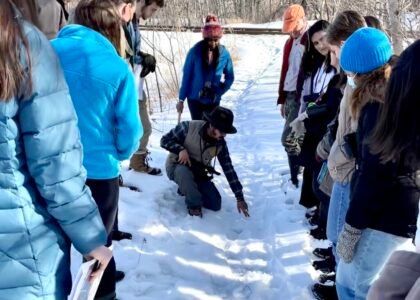
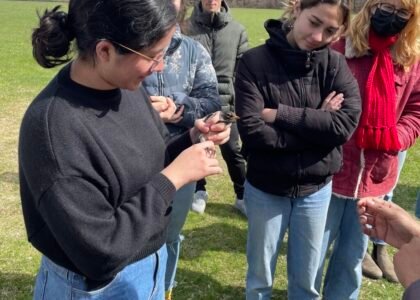
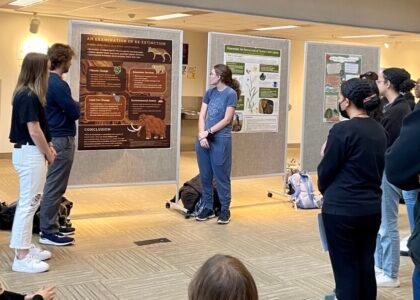
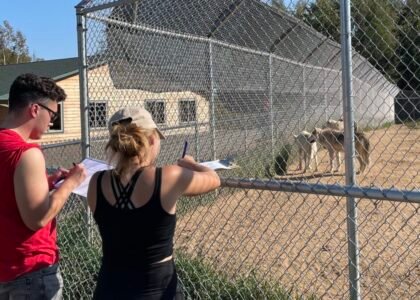
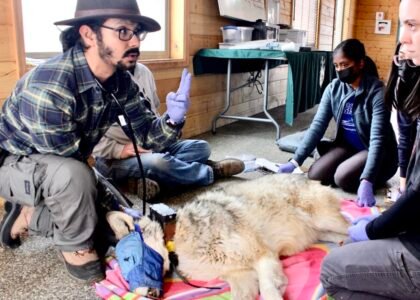
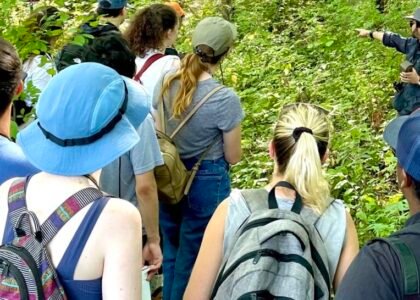
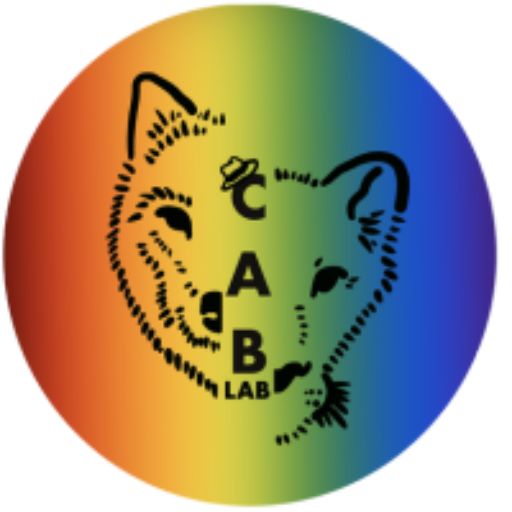
Welcome to the Conservation And Behavior (CAB) Lab. Please email us to get in touch for new opportunities and positions.
Copyright © 2025 CAB. All rights reserved.